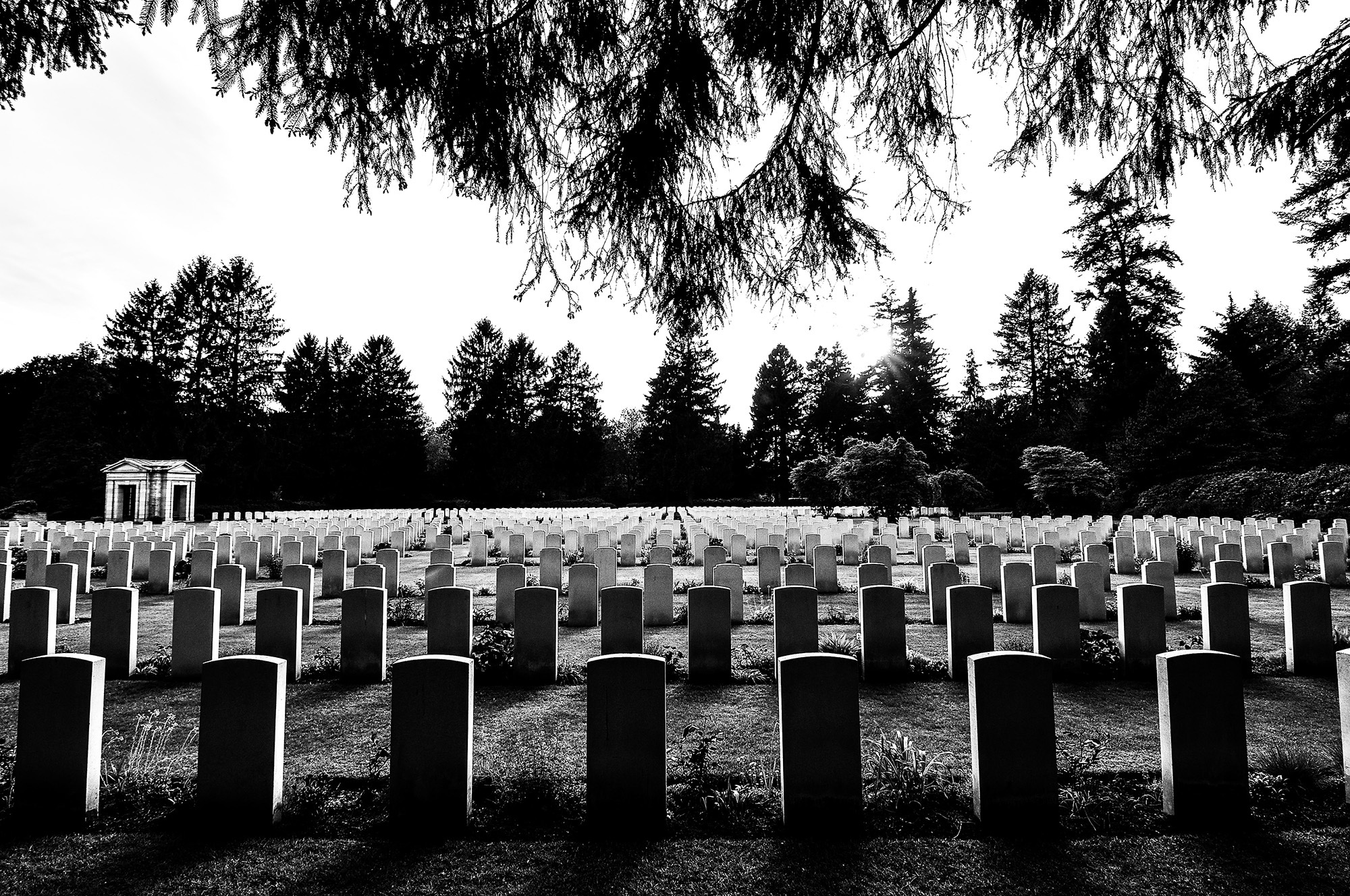Note: BEMA Discipleship is listener-supported, typically through direct donations—but when you buy through links in this post, we may earn an affiliate commission. Learn more.
One of the other biblical principles that seems to rise to prominence in the year of shmitah (the Sabbath Year) is the prohibition against idolatry. In my original outline of this time, I proactively identified worry as one way I could practically fight the idolatrous urges on a daily basis. This wasn’t so much because “worry” would be the idol, but because those worries come from the same human insecurities that drove the literal idolatries of the past. They are the same idolatries that are present today.
One of the ancient gods of agricultural fertility (think daily provision, or the “god of paychecks”) was Baal. I know how easily my insecurity begins to rage when I think about my monthly budget and the possibility of losing my paycheck, then my healthcare and benefits, then my stuff, then my house, and then my family. Yes, I’m just like most of my American readers who have those same struggles. You can run a similar program for just about any of the ancient gods and find that those idolatrous narratives are alive and well in twenty-first century culture (here and abroad).
But the season of Lent has also provided a beautiful collision with my Sabbath Year reflections. While the season of Lent has always invited reflections on death — having its poignant opening on Ash Wednesday — a lot of variables synced up this year to have this stick out in a resounding way. I have been reflecting on The Prophetic Imagination by Walter Brueggemann; he talks at great length about how our imperial narratives try to numb us to the side of death. He says that part of the job of the prophetic voice is to bring us to actively grapple with these realities.
It struck me how much I am deceived by the idea of permanence and how I have fashioned a shiny idol in my pursuit of significance.
But the truth of the matter is that I will die. Podcasts will fizzle out and nobody will care. The organization I work so hard to build will one day cease to exist.
I’m simply not that big of a deal. And this Lenten season I have had all sorts of emotional reactions to this reflection. One of the first was panic and denial. I didn’t want these things to be true. The initial pull toward my idolatry was evident. “The things I do matter a lot! They have eternal significance!” I shouted into the contemplative void, but the words echoed off of the back of eternity and returned to me. No. God has eternal significance. What God chooses to do with anything is what bears eternal fruit. And only when my work serves to connect people to the only thing that does last forever — only then do any of my actions have any value or worth.
I also experienced a sense of liberation in my smallness. That was not my fist reaction, but it did come to me. I take myself too seriously. I think that what I do is more important than it is, but I also think that my mistakes and failures are bigger than they are, too. The fact of the matter is that my smallness is something that sets me free to pursue the good. I felt a lot of other things as well, but the one thing I am thinking about the most right now is the clarity that comes from recognizing my expendability. If my significance is not the ultimate goal, so many of the things I strive for are simply not necessary. This renewed clarity allows me to focus on making good decisions about what is right, rather than decisions that serve my temporary agenda.
I am not done reflecting on this; I am only beginning and I’m listening. So I look forward to sharing more at a later date.

